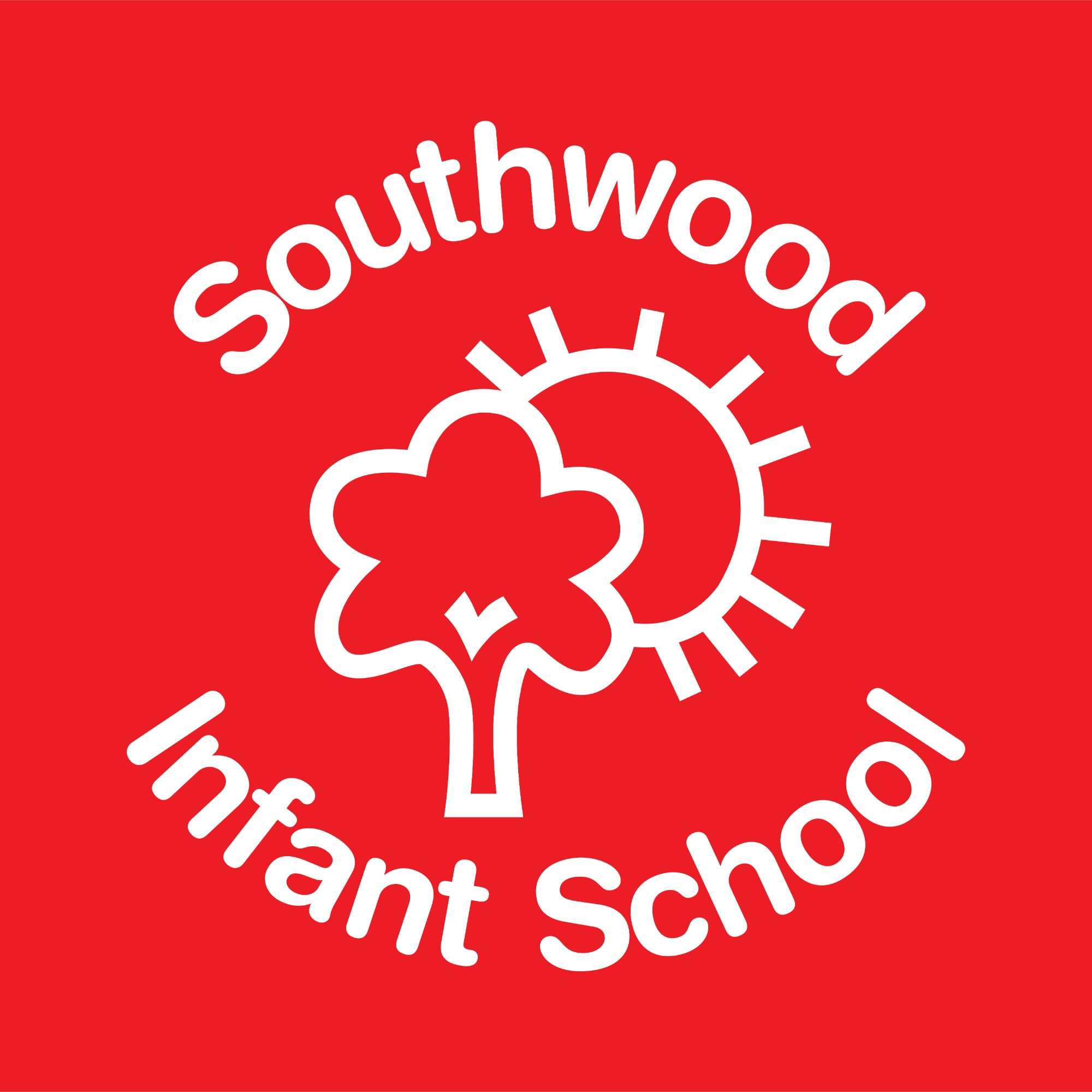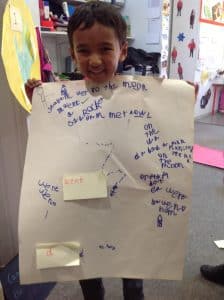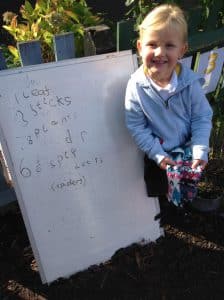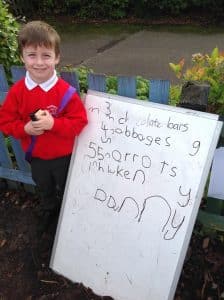English

English leader
Miss Park
English Intent
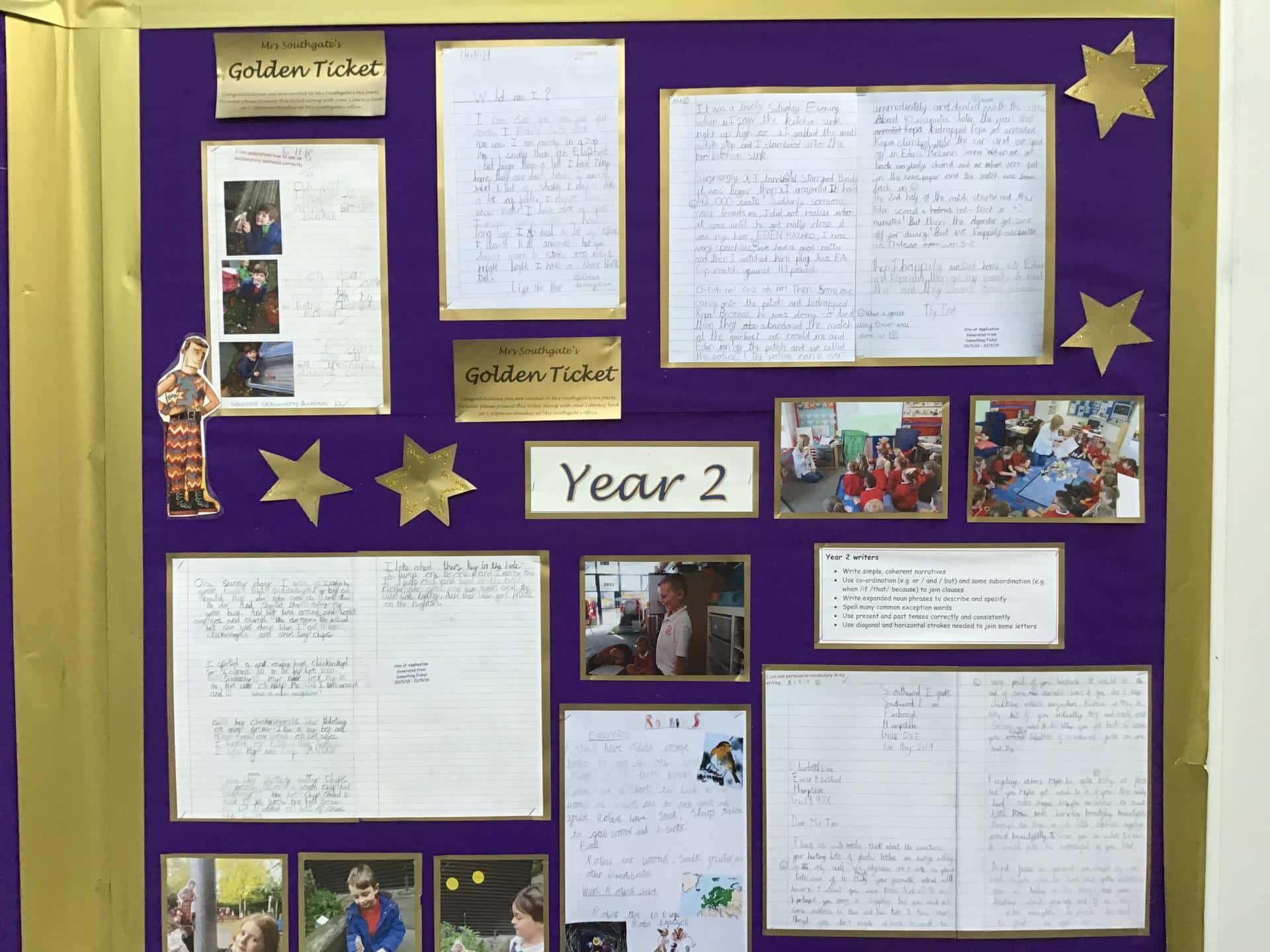 The teaching of English at Southwood Infant School is designed to give pupils the key skills in English that enables them to access material in all curriculum areas, and provide a foundation for their learning throughout their school career and beyond. To achieve this, we are focused on making English interesting, exciting and purposeful by engaging the pupils with the joy and wonder of books and writing and by capturing their imagination both inside and outside of school. English is viewed as a fundamental part of the holistic development of the child for inspiring minds through literature, fostering positive behaviours and attitudes towards learning, whilst developing our key values of excellence, respect and enjoyment. We have a rigorous and well organised English curriculum that provides many purposeful opportunities for reading, writing as well as speaking and listening through discussion, drama and role play.
The teaching of English at Southwood Infant School is designed to give pupils the key skills in English that enables them to access material in all curriculum areas, and provide a foundation for their learning throughout their school career and beyond. To achieve this, we are focused on making English interesting, exciting and purposeful by engaging the pupils with the joy and wonder of books and writing and by capturing their imagination both inside and outside of school. English is viewed as a fundamental part of the holistic development of the child for inspiring minds through literature, fostering positive behaviours and attitudes towards learning, whilst developing our key values of excellence, respect and enjoyment. We have a rigorous and well organised English curriculum that provides many purposeful opportunities for reading, writing as well as speaking and listening through discussion, drama and role play.
Our aim is to ensure that all children will be confident and excited readers and writers who can apply their skills to access all areas of the curriculum, as well as nurturing their own enjoyment of these key skills. We are passionate about supporting our children in developing their decoding and comprehension skills. We actively encourage our children to read and experience a range of vocabulary and story language through our ‘rich texts’ curriculum. This provides children with the opportunity to apply this knowledge to develop their writing skills to communicate with others for a purpose, showing stamina and resilience when writing, editing and improving.
We aim for our children to:
- speak clearly and audibly, and to take account of their listeners
- listen with concentration, in order to identify the main points of what they have heard
- adapt their speech to a wide range of circumstances and demands
- be effective communicators
- to be confident, enthusiastic, reflective and independent readers
- to have a love of reading.
- acquire a wide vocabulary, an understanding of grammar and knowledge of linguistic conventions for reading, writing and spoken language.
- to foster the enjoyment of writing, and recognise its value;
- to be accurate and meaningful writers
- to be effective editors of their written work
These aims are embedded across our English lessons and the wider curriculum. . We provide the means for children to develop a secure knowledge-base in English, which follows a clear pathway of progression as they advance through the EYFS curriculum to KS1 and beyond. Effective assessment and review will ensure that we are able to provide targeted support to all children, to ensure they experience success in English; we believe that a secure basis in English is crucial to a high quality education and will give our children the tools they need to participate fully as a learner and as a member of society.
Key skills in Literacy
Proficiency and curiosity in reading to acquire knowledge and expand vocabulary whilst developing imagination to inspire creativity.
Secure reading comprehension to draw inferences, conclusions and determine what is important in the text. Predict outcomes and events, identify messages and underlying themes.
Communicating effectively with a good command of standard English, through active listening and responding.
Confidently speaking in a range of situations and for different purpose; justifying and reasoning for debates and discussions in addition to sustaining a range of roles in drama activities and performance.
Understanding and using a broad deep and rich vocabulary with confidence in conversations and throughout all written work.
Adapting language and style to write different text types for a range of purposes and audiences. Applying accurate spelling and grammar throughout all written work.
We aim for all our pupils to have…
Enthusiasm for reading and literature with the confidence to discuss the wide range of books that they know and enjoy.
Curiosity to explore new texts in recommendations and self-assurance to question and give opinions about what they have read and curiosity to use texts to gain a further understanding of their interest or investigation.
The ability to communicate through speech and written word showing confidence and bravery to use a high standard of English and adventurous vocabulary across the curriculum and in a range of situations.
Creativity and innovation across the curriculum and in a variety of situations.
Calibration with peers to generate ideas and reflect on their writing to improve and amend.
English Implementation
We follow the Early Years Foundation Stage Curriculum and the National Curriculum. Reading, writing and phonic skills are taught on a daily basis from Year R to Year 2. These skills are then applied in exciting and varied cross-curricular learning opportunities with individual next steps planned to ensure every child has the opportunity to succeed.
Phonics
In order to teach all our children to become fluent, confident readers, with a love of reading, all pupils within the Early Years Foundation Stage and Key Stage 1 receive daily phonics teaching. We follow a systematic and rigorous programme of phonics called Little Wandle – Letters and Sounds Revised. All children receive a twenty five minute daily phonics session which is structured to teach new phoneme/graphemes (letter sound/graphic), revisit and revise the previously learned phonemes/graphemes and introduces tricky words (not able to fully decode using phoneme knowledge) and handwriting practice. The sessions are taught in line with the children current phonics knowledge and builds, at speed so that by the end of Year 1 the children are fully able to read all the sounds needed to be a competent readers. Year Two children have a Hampshire Spelling, grammar and writing focused session where class taught grammar is consolidated and writing is refined and revised, spelling tests are occasionally set for this group.
Spoken Language
Spoken language has a huge focus in our school. Children are taught to develop the vocabulary needed to express, persuade, debate, explain, entertain etc. Speech and language are essential elements of our teaching and learning activities throughout the curriculum and are always incorporated into English lessons as a ‘rehearsal’ for writing.
Reading
Early Years and Year 1
In order to consolidate the learned phonic phoneme/graphemes children also have three practice read sessions a week with the same phonics teacher. They read books at the level of phonics instruction they are receiving in school and the sessions follow a decode – session 1 (word reading), prosody- session 2 (voice use for expression and storytelling) and comprehension – session 3 (what the words mean and understanding of the story). They also have other sessions to support the book.
The children take the book home on Friday to share with their parents. This home reading session is designed so that the parent can celebrate the reading of the book. By this session the children are able to easily read the book, no instruction is necessary at home, it is purely for confidence and success.
The children may also bring home a Reading for Pleasure book that is not phonically decodable and has words in that they are not able to read using their current phonic ability. They will need support and encouragement to read these and we reward all reading (comics, newspapers, online books and magazines, picture books) with a star that is recorded at the back of the Reading Record book. Once the children have collected enough stars they are presented with certificates throughout the year and finally a Golden Trophy once 300 reads have been amassed.
Reading Year 2
In Year 2 the children are taught skills such as decoding, comprehension and inference through whole class big book guided reading sessions and guided reading sessions, using books chosen carefully to match both their interest and their level of reading. Teaching objectives are pre-planned and sessions are characterised by explicit teaching of specific reading strategies, oral response and high levels of collaboration. Children learn author intent, build vocabulary and inference.
They will bring home reading books that they are generally able to read but may require support with understanding and vocabulary.
They are also encourage to read anything and will be rewarded with stars, certificates and trophies the same as the Early Years and Year 1 children do.
We also have a Star Reader award that is presented every half term to the children who have tried the hardest or made their teachers the proudest.
Writing
In Early Years the children have many opportunities to write and build their handwriting stamina through fine motor activities woven into both the continuous and enhanced provision.
The daily phonics sessions teach the formation of the new letter and the previously taught letters are practiced in the revisit and practice Friday session. The new letters are practiced throughout the day in the enhanced provision.
In Year 1 the children have twice weekly handwriting session and they begin to learn how to write using continuous cursive. In Early Years and Year 1 the children learn to print.
Year 2
Children continue the Year 1 summer term handwriting sessions in continuous cursive.
All children are encouraged to develop positive attitudes towards and build a stamina for writing. All of the writing units are planned to include high quality first hand experiences to ignite and engage the children so that they are excited to write for different purposes and in different genres Children are taught to plan, edit and evaluate their writing.
Writing activities in Early Years
|
|
|
|
|
